Volvo Penta and Fountaine-Pajot have completed their project of an electric catamaran: it’s been introduced to the public of 2019 Cannes Yachting Festival.
So many talk green nowadays. Needless to say, it’s definitely the most trending topic. Of course the nautic sector can’t be immune, even more so considering that boating is mainly about nature. Volvo Penta is one of the companies whose efforts towards a green approach can be deemed real. They are developing a full electric powertrain, a hybrid propulsion, a network of fast-charging stations at sea, and much more. Just open the links we report below.
Here’s the real deal
One of their latest projects, which we told you about in a previous article that you can find on the bottom of this very page, is an electric engine to be used on a sailing catamaran. Now the thing’s a real deal, as the Fountaine Pajot Lucia 40 SY has been launched at Cannes Yachting Festival with the new electric Saildrive prototype from Volvo Penta. The project aims at improving onboard comfort, thanks to near-soundless, low vibration operation, and silent mooring.
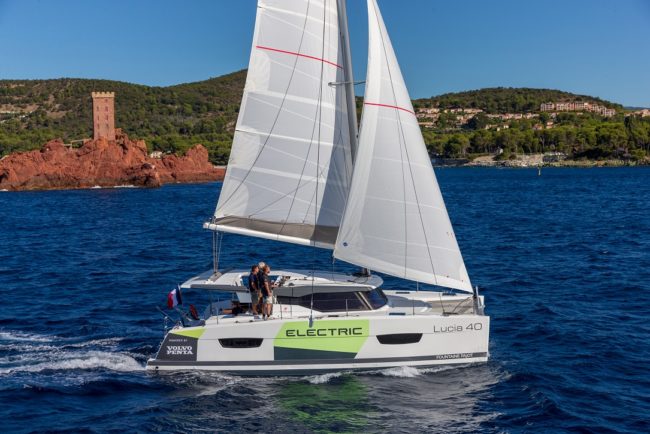
Volvo Penta has taken a ‘full systems’ approach, working closely with Fountaine-Pajot to understand customer usage patterns of the complete boat. The electric prototype is based on Fountaine-Pajot’s extensive customer usage database, which accurately defines drive cycles for a wide range of user profiles.
The technology behind the electric Saildrive is based on Volvo Group’s proven designs for electromobility, with many shared components. Li-ion battery packs power an electric motor, which in turn drives the Saildrive propeller. Like customary for electric power, this system delivers more power and torque at low speeds compared to a similar diesel engine.
Volvo Penta goes Electric in Gothenburg: it’s ElectriCity
Volvo Penta, ABB and Chalmers to study fast charging-at-sea
The onboard services, which include air conditioning, can be powered from the system’s battery packs, which means silent operations for up to 12 hours.
Depending on speed and sea conditions, the technology has the potential for up to four hours (20 nautical miles at 5 knots) of zero-emission electric cruising, good for when operating in restricted areas. Another scenario would be to use the electric Saildrive for maneuvering in and out of marinas.
Amer 94 Superleggera: Amer and Volvo use their technology for the environment
Volvo Penta unveils hybrid marine propulsion concept
Volvo Penta goes electric, and 2021 is the deadline
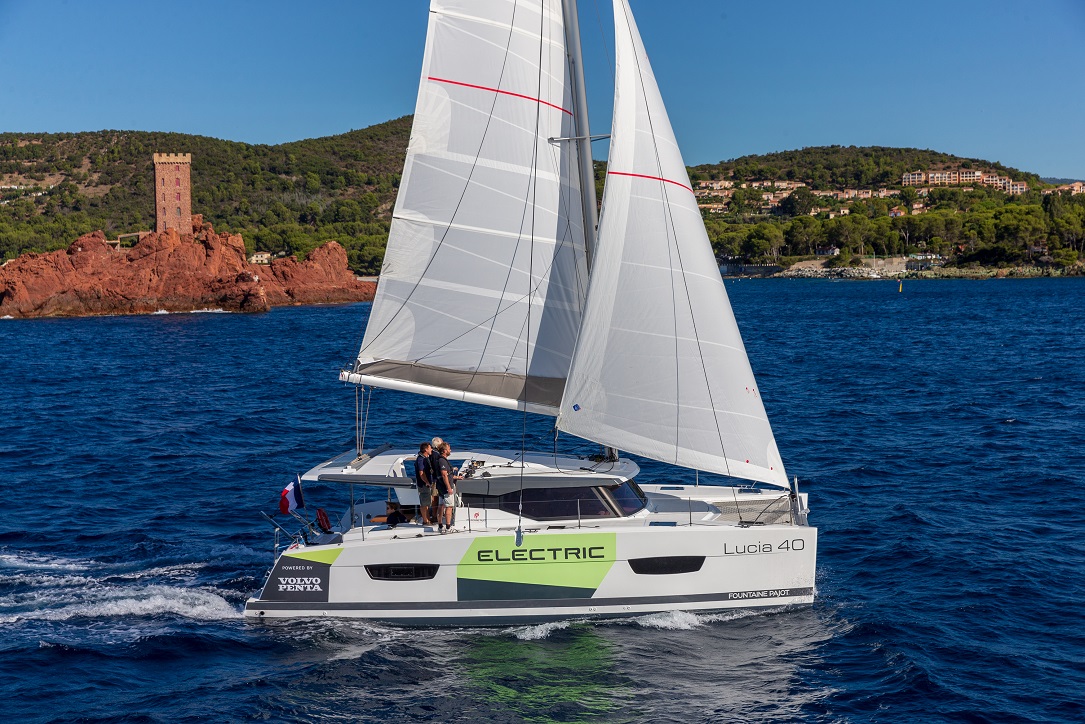
Another feature regards Volvo Penta’s Electronic Vessel Control 2 (EVC2) system, which has been adapted for a Saildrive application. This features Volvo Penta’s latest controls and a new driver interface that manages navigation and battery monitoring.
The electric propulsion on Fountaine Pajot Lucia 40 consists of two 15 kW engines, for an electric range of approximately 27 nautical miles at five knots and 17 nautical miles at six. Top speed is reckoned to be eight knots for a maximum of one hour. The network is completed by 2x 5 kW chargers, 2x 7.2 kW gensets, and two 20kW batteries with a (declared) charging time of 3 hours.
Here’s a video of Lucia 40 with Volvo Penta electric saildrive:
Published on 24 May 2019
Volvo Penta and Fountaine-Pajot partner for electric mobility
A new venture in clean boating has been established between Volvo Penta and Fountaine-Pajot. The catamaran builder will assist in the installation, trials and demonstration of Volvo’s electromobility technology.
The Swedish company Volvo Penta is taking big steps into electric mobility. The engine manufacturer has undergone a series of initiatives and partnerships in the last years, with the most recent just announced. Volvo Penta and Fountaine-Pajot will partner to show the latest prototype of electromobility technology.
Now it’s sailing as well
The initiative is part of Volvo’s commitment to offer electrified solutions in marine and industrial product ranges. This is being driven by the manufacturer’s belief that the needs of environmental sustainability and customer requirements are getting ever closer, as electrified options become increasingly feasible.
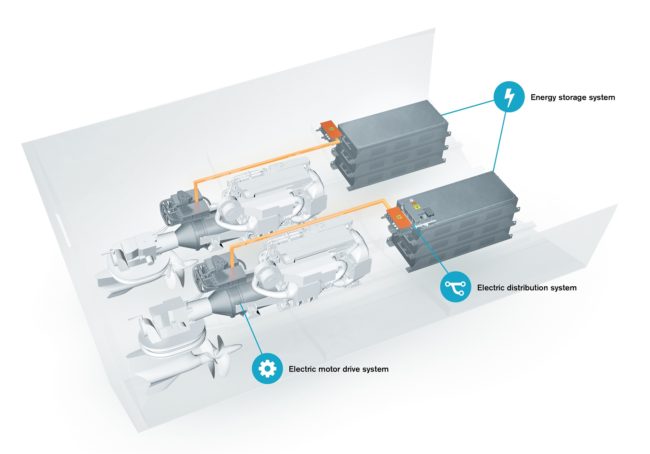
Volvo Penta goes Electric in Gothenburg: it’s ElectriCity
On their side, Fountaine-Pajot are aware that a growing proportion of their customer base is looking for greater on-board living convenience, lower maintenance costs, increased sustainability and a more natural sailing experience. The new electric technology, which is under developement by Volvo Penta, will answer many of these customer aspirations.
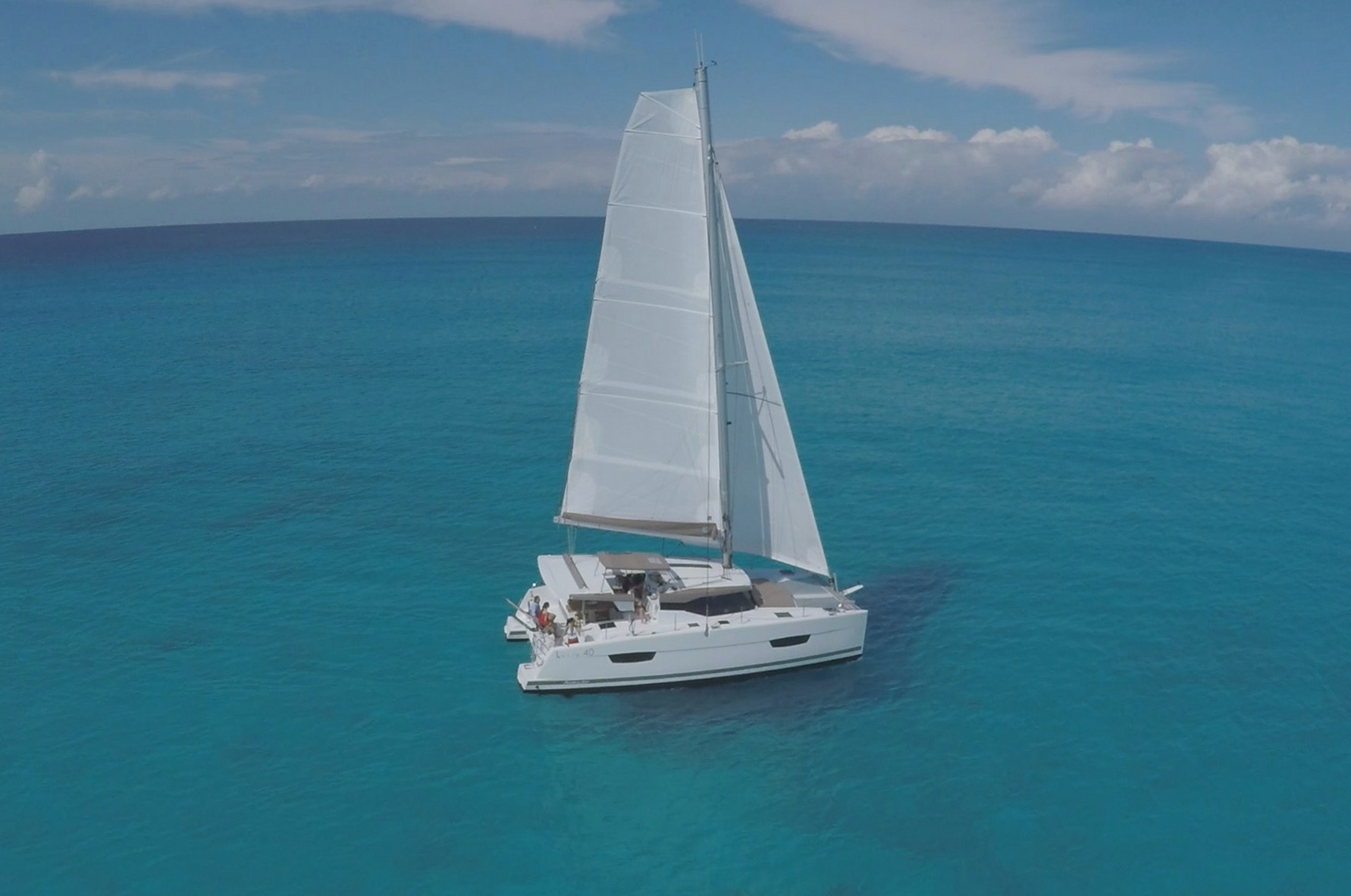
The first installation coming from the partnership between Volvo Penta and Fountaine-Pajot will be on a 40-ft sailing catamaran. The subsequent sea trials will be held over the coming months, where the system’s performance and durability will be fine-tuned.
Volvo Penta goes electric, and 2021 is the deadline
A more in-depth review of the new technology will be published in the coming months, as Volvo Penta is going to unveil more details by fall 2019.
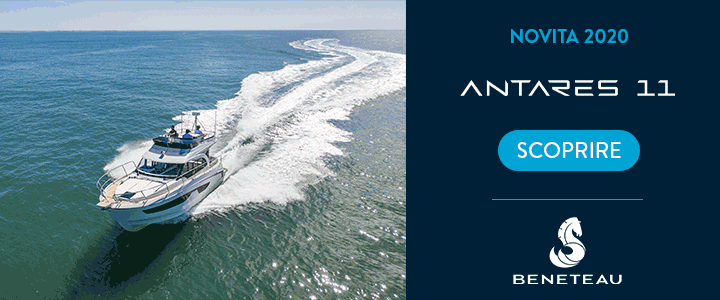

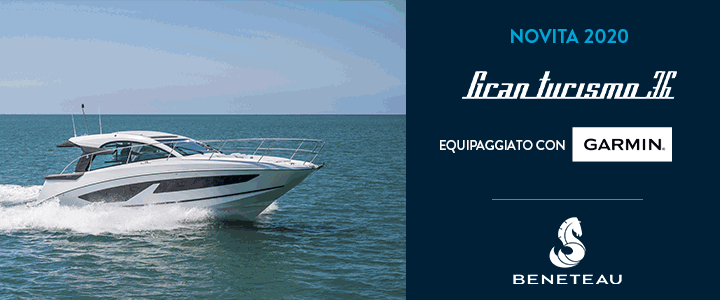

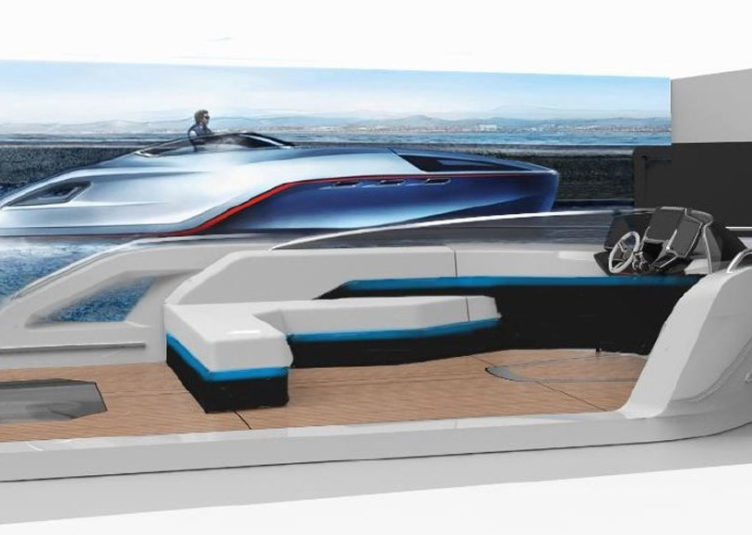
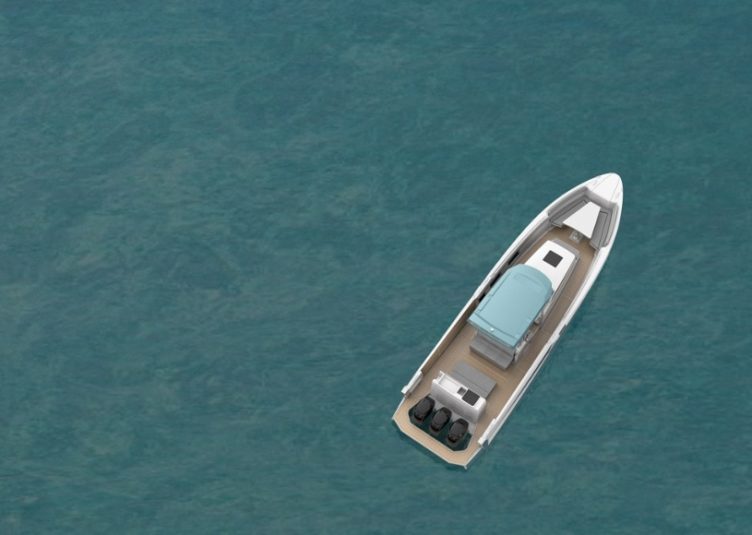

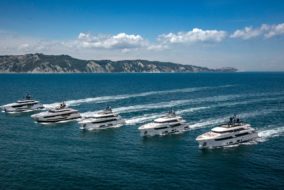

Follow Us
1251 Fans